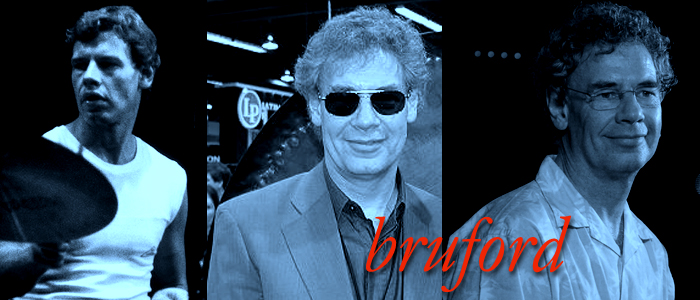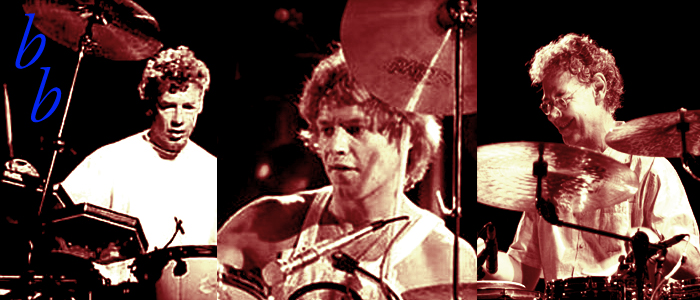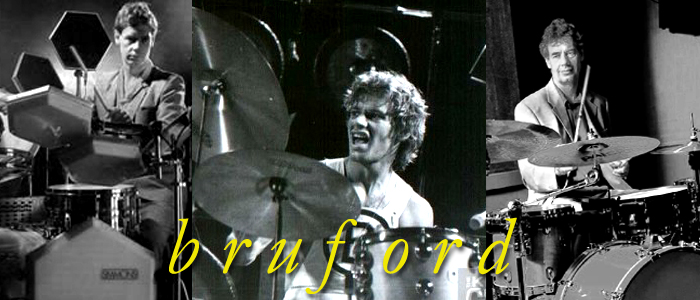
I surely don't need to tell anyone reading this who drummer extraordinaire Bill Bruford is. For this interview, I challenged myself to only ask BB questions relating to his 3 most recent projects. No Yes, King Crimson, UK, Earthworks. Just Bill Bruford front and center right now! Needless to say, he delivered the goods...


